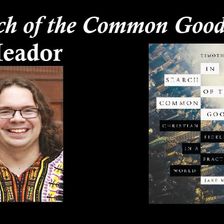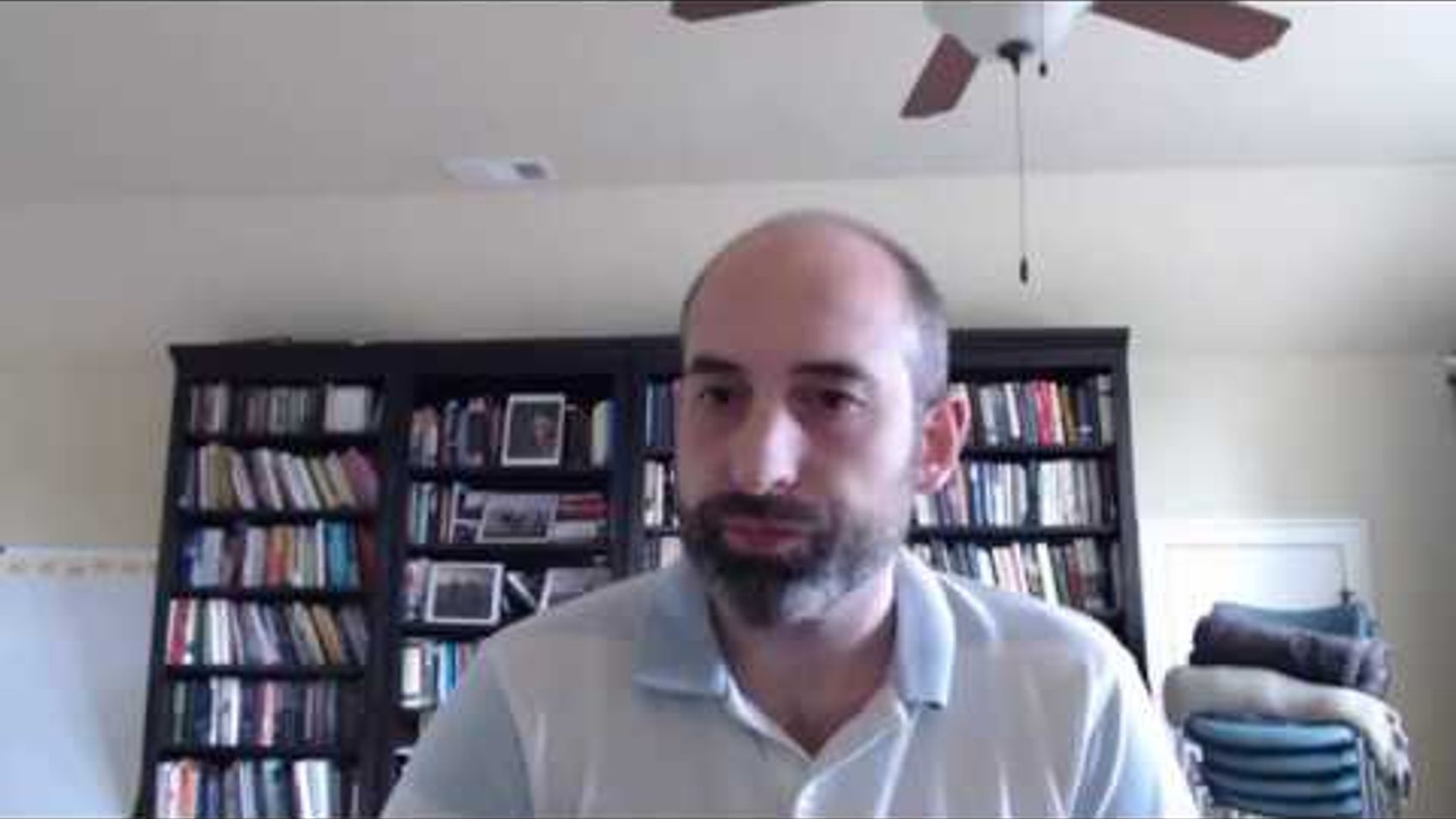Q&A#139 What Spiritual Nutrients are in the Tops and Tails of Paul's Letters?

Today's question: "Do you have any broader comments on the personal greetings and instructions at the end of Paul’s letters and their significance? Of course each one is unique, but I wondered if there’s anything we can draw more generally from their presence and recurring patterns."
I reference an essay from Richard Bauckham's 'The Gospel for All Christians' in this episode: https://amzn.to/2YaqNQo.
My blog for my podcasts and videos is found here: https://adversariapodcast.com/. You can see transcripts of my videos here: https://adversariapodcast.com/list-of-videos-and-podcasts/.
If you have any questions, you can leave them on my Curious Cat account: https://curiouscat.me/zugzwanged.
If you have enjoyed these talks, please tell your friends and consider supporting me on Patreon: https://www.patreon.com/zugzwanged. You can also support me using my PayPal account: https://bit.ly/2RLaUcB.
The audio of all of my videos is available on my Soundcloud account: https://soundcloud.com/alastairadversaria. You can also listen to the audio of these episodes on iTunes: https://itunes.apple.com/gb/podcast/alastairs-adversaria/id1416351035?mt=2.
More From Alastair Roberts






More on OpenTheo















